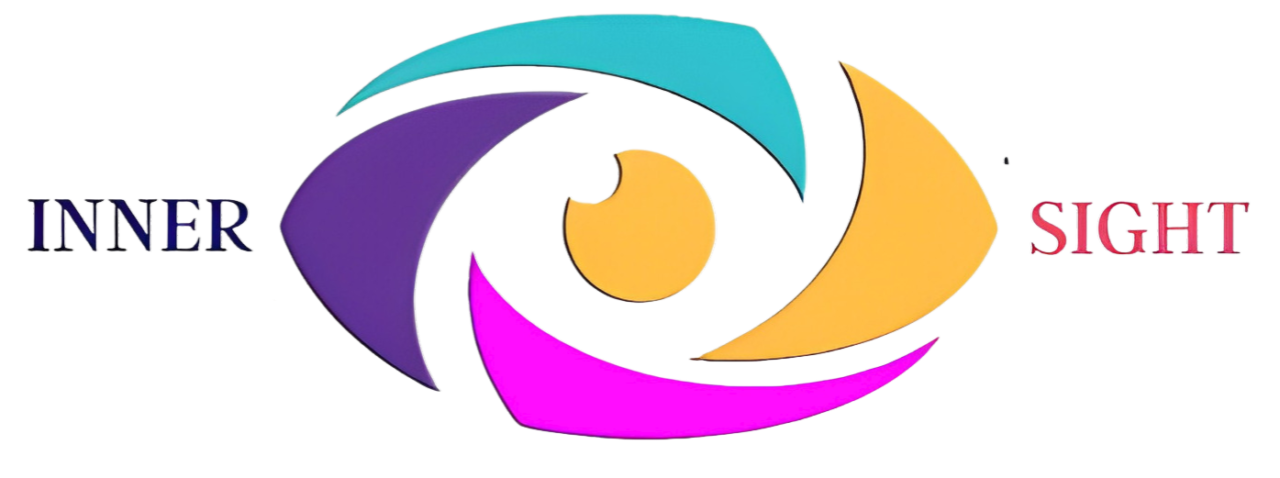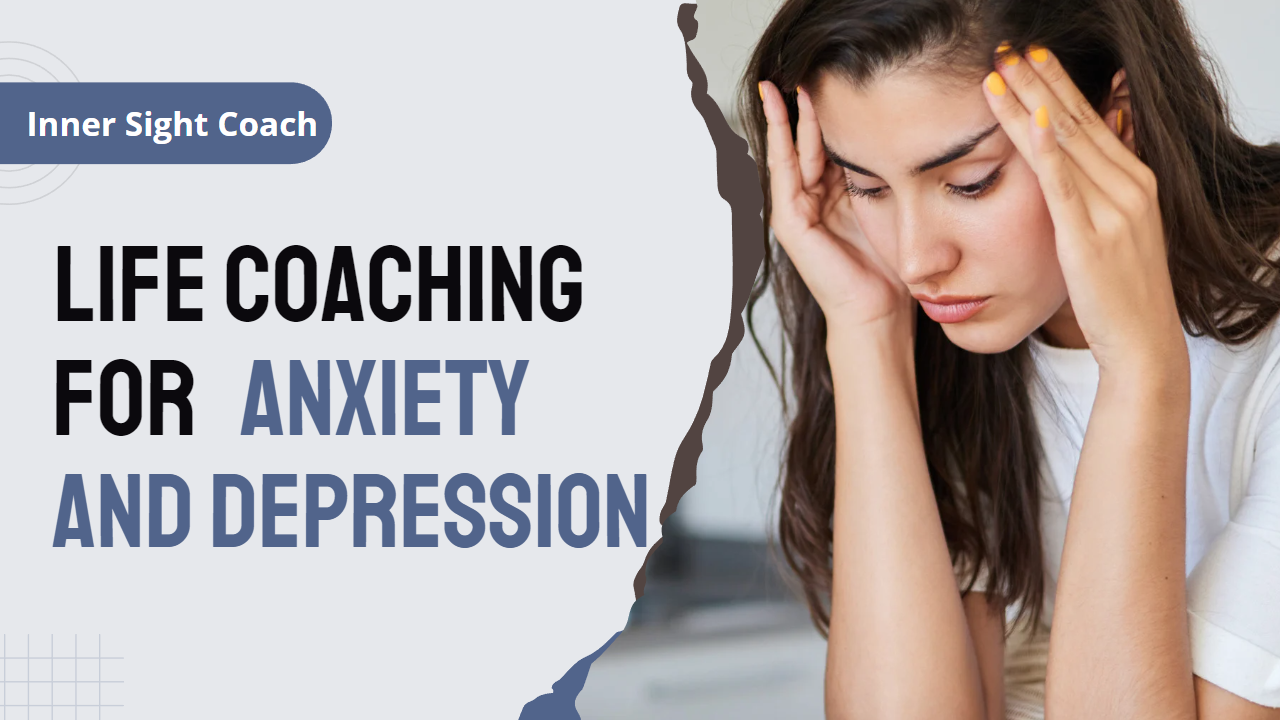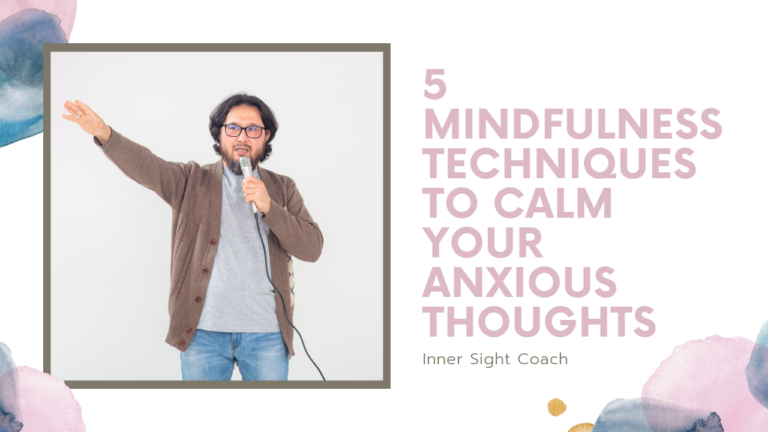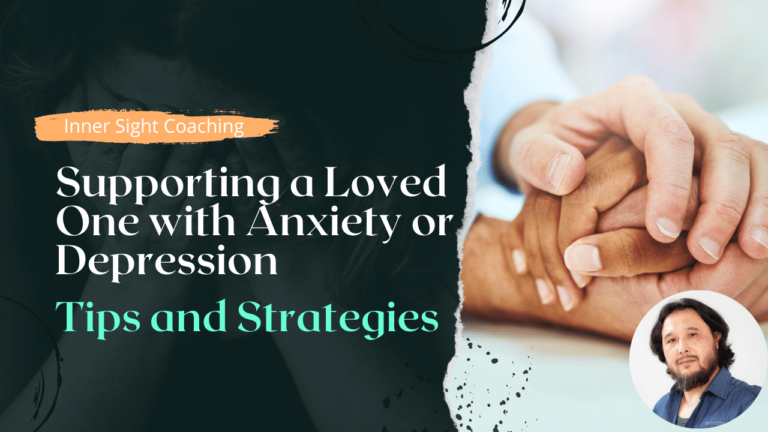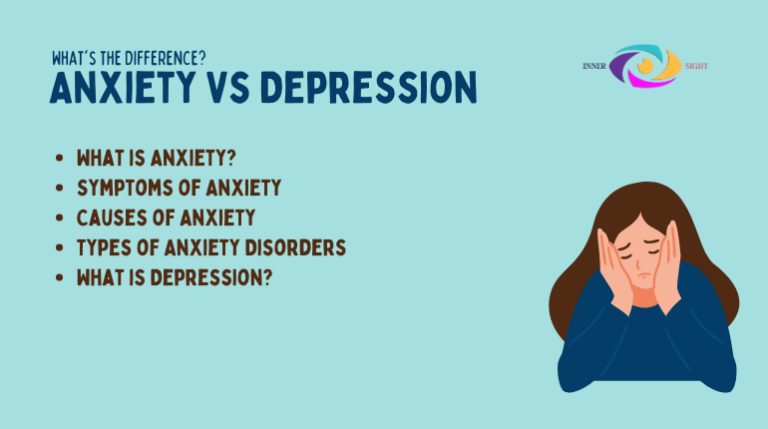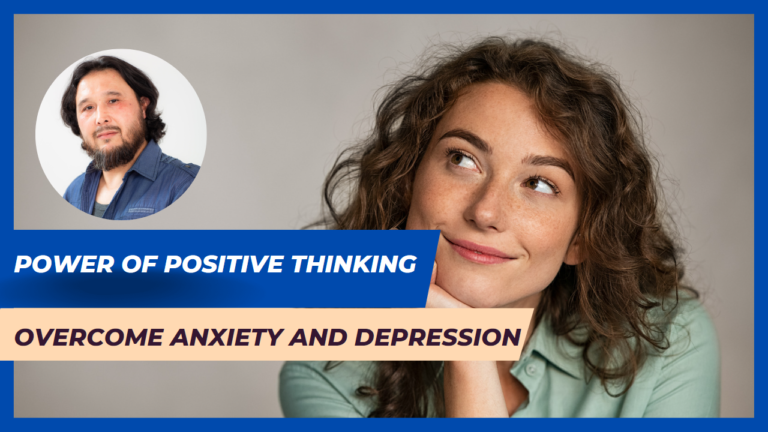Life Coaching for Anxiety and Depression: How it Can Help You
Anxiety and depression are among the most common mental health problems that people face today. These conditions can be debilitating and make it difficult for people to function normally in their daily lives. While traditional forms of therapy and medication can be effective in treating anxiety and depression, there is another option that people should consider: life coaching. In this article, we will explore why you should consider life coaching for anxiety and depression.
| Effects of Anxiety | Effects of Depression |
| Excessive worry and fear | Persistent sadness and hopelessness |
| Irritability or restlessness | Loss of interest in activities once enjoyed |
| Difficulty concentrating | Fatigue and lack of energy |
| Insomnia or excessive sleep | Sleep disturbances (e.g. insomnia or oversleeping) |
| Physical symptoms such as muscle tension, headaches, or stomachaches | Changes in appetite (e.g. overeating or loss of appetite) |
| Avoidance of social situations or activities | Feelings of worthlessness or guilt |
| Panic attacks or phobias | Thoughts of suicide or self-harm |
| Impaired work or school performance | Difficulty with decision-making and concentration |
| Strained relationships with family and friends | Increased use of drugs or alcohol |
| Increased risk of developing other mental health conditions | Physical symptoms such as aches and pains |
What is life coaching?

Life coaching is a form of personal development that focuses on helping individuals achieve their goals and improve their overall quality of life. A life coach works with clients to identify their strengths and weaknesses, create actionable plans, and provide ongoing support and guidance. Life coaching is not therapy, and it does not involve diagnosing or treating mental health disorders.
How does life coaching work?
Life coaching sessions typically involve one-on-one meetings between the client and the coach. During these sessions, the coach will ask questions to help the client identify their goals and create a plan to achieve them. The coach will provide support and guidance as the client works towards their goals, and they will hold the client accountable for their progress.
Life coaching for anxiety and depression: How can it help?
While life coaching is not a substitute for therapy or medication, it can be an effective tool for managing anxiety and depression. Life coaches can help clients identify the underlying causes of their anxiety and depression, develop coping strategies, and improve their overall mental health and well-being.
Benefits of life coaching for anxiety and depression
Some of the benefits of life coaching for anxiety and depression include:
- Improved self-awareness and self-confidence
- Increased motivation and accountability
- Better stress management and coping skills
- Increased resilience and emotional intelligence
- Improved relationships with others
- Better work-life balance
What to expect from a life coaching session
During your first life coaching session, your coach will ask you questions to help you identify your goals and create a plan to achieve them. You can expect to be challenged and pushed out of your comfort zone, but also supported and encouraged throughout the process.
Is life coaching covered by insurance?
Life coaching is not typically covered by insurance, as it is not considered a form of therapy. However, some coaches may offer sliding scale fees or payment plans to make their services more affordable.
How much does life coaching cost?
The cost of life coaching varies depending on the coach and the services offered. On average, life coaching sessions can cost anywhere from $100 to $300 per hour.
Life coaching vs therapy: What’s the difference?
While life coaching and therapy have some similarities, there are also some key differences. Therapy is focused on diagnosing and treating mental health disorders, while life coaching is focused on personal development and achieving specific goals. Additionally, therapy sessions are typically more structured and may involve more directive guidance, while life coaching sessions are more collaborative and focus on empowering the client to take action towards their goals.
How to prepare for your life coaching session

To get the most out of your life coaching sessions, it’s important to come prepared. Before your session, take some time to reflect on your goals and what you hope to achieve through coaching. Be open and honest with your coach about your strengths, weaknesses, and any challenges you may be facing.
Common misconceptions about life coaching
There are several common misconceptions about life coaching. Some people believe that it is a form of therapy, or that it is only for people who are struggling with serious mental health issues. Life coaching can be helpful for anyone who wants to improve their quality of life, achieve their goals, and overcome obstacles.
Success stories: Real-life examples of life coaching for anxiety and depression
Many people have found success with life coaching for anxiety and depression. For example, one individual struggled with social anxiety and found it difficult to form new relationships. Through life coaching, they were able to identify the root causes of their anxiety and develop strategies to overcome it. Another individual was struggling with depression and low self-esteem. With the support of their life coach, they were able to identify their strengths and take steps towards achieving their goals.
Contact Us
Finding the right life coach for you
Finding the right life coach for you is important. Look for a coach who specializes in anxiety and depression, has a proven track record of success, and whose coaching style aligns with your needs and preferences.
Let Us Help You
At Inner Sight, we provide life coaching services to help individuals achieve their goals, improve their mental health, and overcome challenges such as anxiety and depression. Our experienced coaches have helped many clients find success and we would love to help you too.
Contact Information
Phone: 1300 944 994
Email: contact@innersightcoach.com
Address: PO Box 34, Chester Hill, NSW 2162
Schedule a Free Consultation
If you’re interested in learning more about our services or would like to schedule a free consultation, please fill out the contact form. We will get back to you as soon as possible to discuss how we can help you achieve your goals and improve your quality of life.
Let’s Connect
Thank you for considering Inner Sight Coaching for your life coaching needs. We look forward to helping you achieve your goals and improve your quality of life.
FAQs
No, life coaching is not a substitute for therapy. It is a form of personal development that focuses on achieving specific goals and improving overall quality of life.
Life coaching can help individuals with anxiety and depression by providing support, guidance, and strategies for coping with symptoms and improving overall mental health.
Is life coaching a substitute for therapy? No, life coaching is not a substitute for therapy. It is a form of personal development that focuses on achieving specific goals and improving overall quality of life.
How can life coaching help with anxiety and depression? Life coaching can help individuals with anxiety and depression by providing support, guidance, and strategies for coping with symptoms and improving overall mental health.
How do I find the right life coach for me?
Life coaching is not typically covered by insurance, but some coaches may offer sliding scale fees or payment plans to make their services more affordable.
